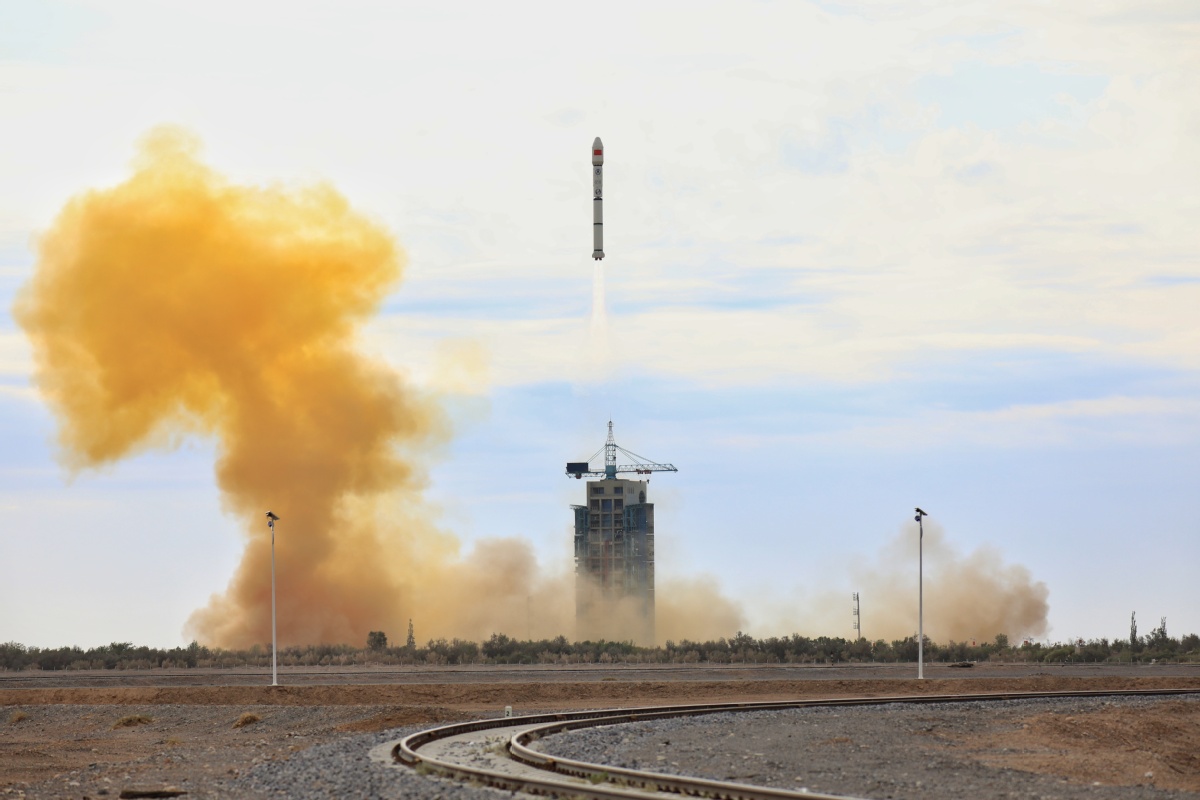China expands space internet satellite network


China launched several experimental satellites into space on Tuesday morning, according to China Aerospace Science and Technology Corp, the nation's leading space contractor.
The satellites, part of the Space-based Internet Technology Demonstrator series, were carried into their preset orbit by a Long March 2C carrier rocket that blasted off at 9:06 am from the Jiuquan Satellite Launch Center in northwestern China's Gobi Desert.
The mission marked the seventh orbital deployment of satellites in the Space-based Internet Technology Demonstrator series. The first launch of such satellites took place in July 2023.
A notable feature of the mission is that one of the satellites is equipped with a set of full-flexible solar panels that can be rolled up.
Developed by GalaxySpace, a Beijing-headquartered private satellite company, the satellite is the world's first to have such an apparatus. Designers said that when fully folded, the solar panels have a combined area as large as a standard meeting room, and when rolled up, their diameter is as small as a coffee cup.
The new design not only greatly reduces the weight and space needed for solar panels but also facilitates multi-satellite launches, according to the developers.
A product of the China Academy of Launch Vehicle Technology in Beijing, the Long March 2C rocket is 43 meters long and 3.35 meters wide and has a liftoff weight of 242.5 metric tons. The rocket is mainly used to deploy satellites to low-Earth and sun-synchronous orbits.
The launch marked the 595th mission of the Long March family and China's 56th rocket launch in 2025.
- China expands space internet satellite network
- Global wisdom to aid conservation
- China activates emergency response for flood control in Shandong, Sichuan
- China rises to global innovation top 10: WIPO index
- China pushes for global cyberspace cooperation
- Chinese and foreign journalists tour Ningxia to report on ecological protection, development





































